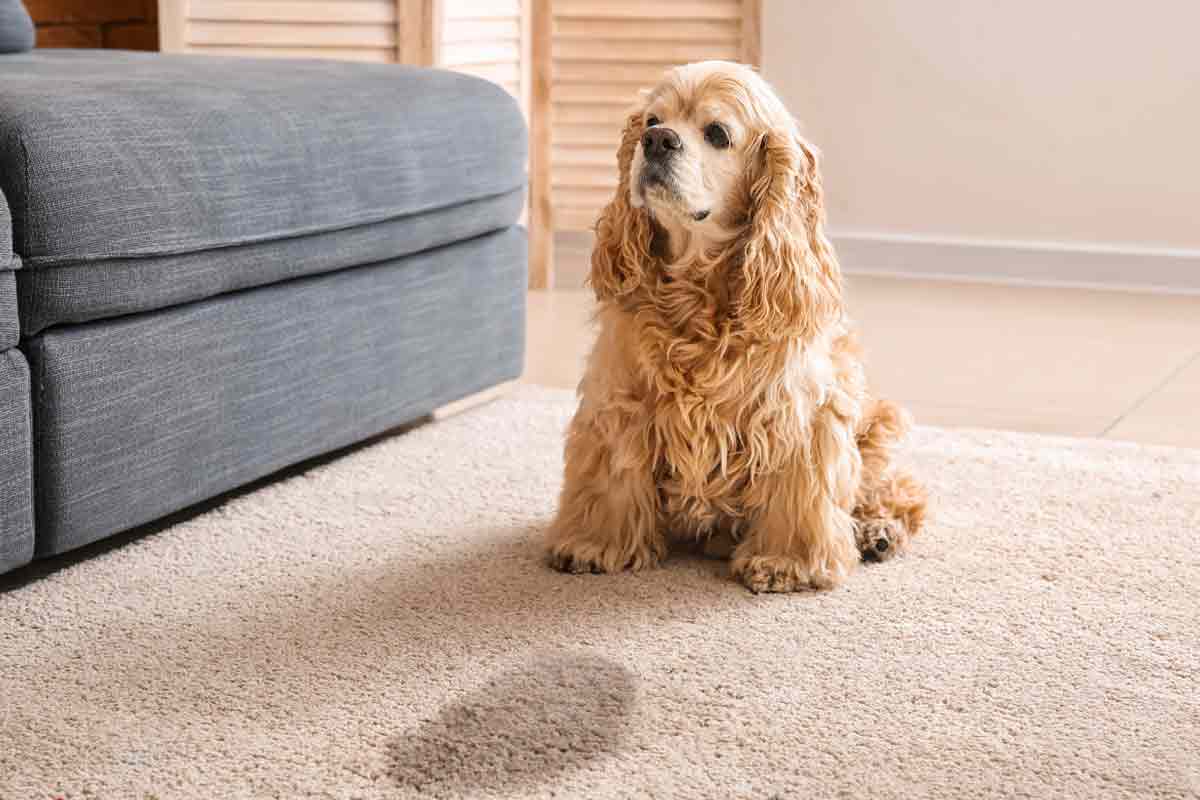Why Is My Dog Peeing Everywhere? Understanding the Causes and Solutions
If you've been finding unexpected puddles around your home, you're not alone. Many dog owners have faced the frustrating issue of their furry friends urinating indoors. While it can be a source of stress and confusion, it's essential to address this problem calmly and methodically. In this article, we'll explore the various reasons why your dog may be peeing everywhere and provide practical solutions to help you and your pet.
The Mystery Behind Inappropriate Urination
Understanding the Behavior
Before delving into the causes and solutions, let's understand why dogs urinate indoors. Inappropriate urination can occur for a variety of reasons, and it's crucial to differentiate between behavioral and medical issues.
Behavioral Causes
1. Lack of Housetraining
- Some dogs may not have been adequately housetrained, leading to accidents inside the house, especially in puppies.
2. Marking Territory
- Marking is a natural behavior for dogs, especially males. They may mark their territory by urinating in various spots.
3. Anxiety or Stress
- Dogs may urinate indoors when they're anxious or stressed, such as during thunderstorms, fireworks, or changes in their environment.
4. Submissive Urination
- Submissive dogs may urinate when they feel intimidated or anxious around other dogs or people.
Medical Causes
1. Urinary Tract Infection (UTI)
- UTIs can lead to increased frequency and urgency in urination. If your dog is experiencing discomfort, they may urinate indoors.
2. Diabetes
- Diabetes can cause increased thirst and urination. If your dog has diabetes, they may struggle to hold their urine.
3. Age-Related Issues
- Older dogs may experience urinary incontinence due to age-related muscle weakness or medical conditions.
Solutions to Inappropriate Urination
1. Housetraining
- If your dog lacks housetraining, start with consistent routines, positive reinforcement, and patience.
2. Neutering or Spaying
- Neutering or spaying can reduce marking behaviors, especially in unneutered males.
3. Manage Stress
- Create a calm and secure environment for your dog, especially during stressful situations. Consult your vet for anxiety management strategies.
4. Medical Evaluation
- If you suspect a medical issue, consult your veterinarian for a thorough examination and appropriate treatment.
Conclusion
Inappropriate urination is a common issue among dogs, but it's essential to identify the underlying cause and address it effectively. By understanding the potential reasons for your dog's behavior and implementing appropriate solutions, you can restore harmony in your home.

